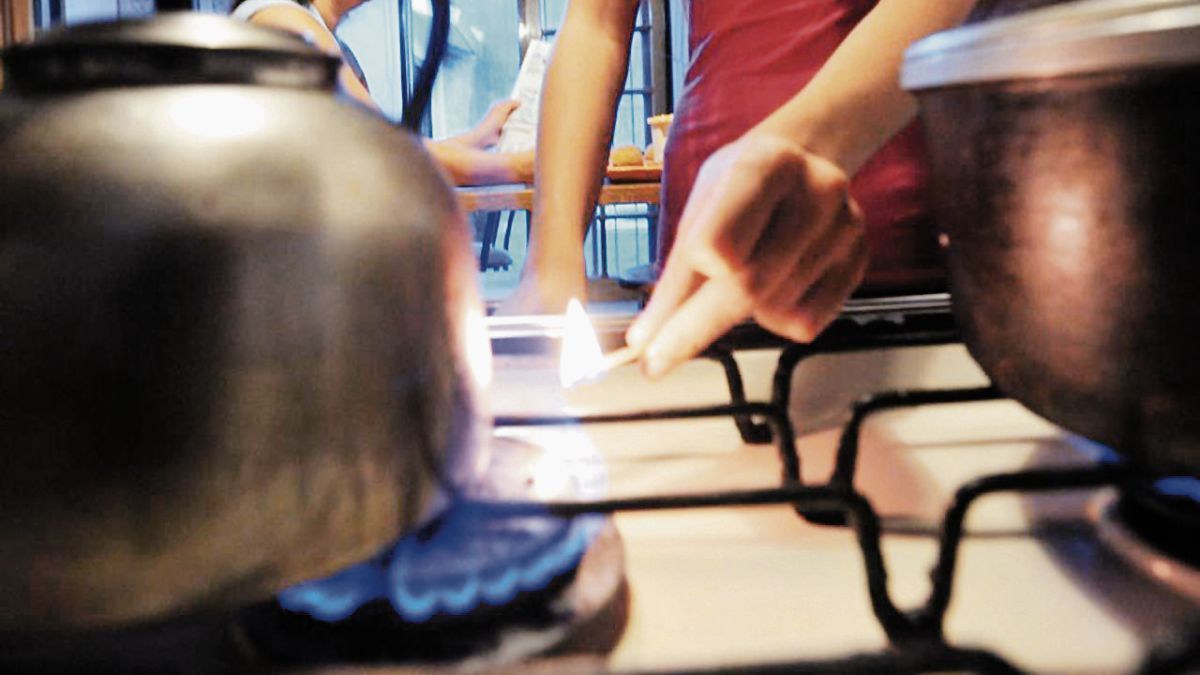President Javier Milei has his “plan B.” If Congress does not approve the reforms that impact the fiscal program, it will move forward with a more aggressive reduction of subsidies than what was initially proposed. The primary surplus of 2% for this year is non-negotiable, they say. Parliament must define the increase in withholdings, the elimination of retirement mobility, the moratorium, money laundering and income tax, all of which adds up to 1.8% of the product. There are counterpoints with the allies, the role of the opposition and the movement of businessmen to introduce modifications.
The Minister of Economy, Luis Caputo, aims to consolidate the fiscal program as an anchor of the economic plan. For this, he drew up a roadmap that, in accordance with the International Monetary Fund, foresees an ambitious goal of achieving a primary surplus of 2% for this year. According to the spending and collection projections, whether this is fulfilled depends in principle on issues that must be discussed in Congress.
The head of the Treasury Palace said last week that the Government will comply with the zero deficit, even if Congress does not approve the megaproject. Without specifying what he was referring to, he announced that “the measures are going to be tougher” if there is rejection from Parliament. But according to official sources, President Milei already has his plan b in mind: moving forward with a faster and more drastic reduction in economic subsidies.
“In the unwanted event that parliament rejects our reforms, there will be zero gradualism in the tariff issue,” They explain in the Government. Weeks ago, Caputo had indicated that the objective this year was to prune a third of that item, which already represents more than 2% of GDP. But that could change depending on the circumstances.
According to the estimates published by the Ministry of Economy in its X account, The portfolio expects to increase State income by 0.5% of GDP due to the increase in withholdings contained in the omnibus law. In addition, the package includes a moratorium and a whitening that represent an extra 0.5%. Between these two items, a point of the product that depends on the approval of parliament
On the spending side, the elimination of pension mobility could save the Government expenditures for the equivalent of 0.4% of GDP, to which an identical figure would be added in the event that the Tax reduction is reversed. to Profits. Regarding this last point, there is still no initiative submitted to Congress, but it appears within the projections prepared by the Treasury.
Between spending cuts and increased income, it is the equivalent of 1.8% of GDP, which depends on the approval of the legislative branch. Practically the entire primary surplus projected for this year and, more important from the Government’s perspective, the opportunity to achieve financial balance in this same year.
The scenario in Congress does not seem simple. And not only because of the complete rejection proposed by the Union for the Homeland bloc. Even allies of the ruling party have their reservations, for example with the pension issue. They ask to establish by law that assets will not lose against inflation, something that the Casa Rosada flatly rules out.
In radicalism and in some sectors of the PRO also matures the idea of not accompanying the increase in withholdings as it is stated. The UCR divided the initiatives into the colors of a traffic light and export rights appear in red. The party founded by Mauricio Macri has internal noises and everything seems to indicate that when it comes to counting the votes, the troops will be divided.
Meanwhile, businessmen are moving. The wine sector was one of the first to raise its voice against the increase in withholdings and in these hours organized meetings with governors to instruct their legislators to stop this chapter. The field manages its criticism through the Secretary of Agriculture and the Argentine Industrial Union began to unfreeze its claims last Thursday with a press release that questions the new withholding scheme.
Source: Ambito




